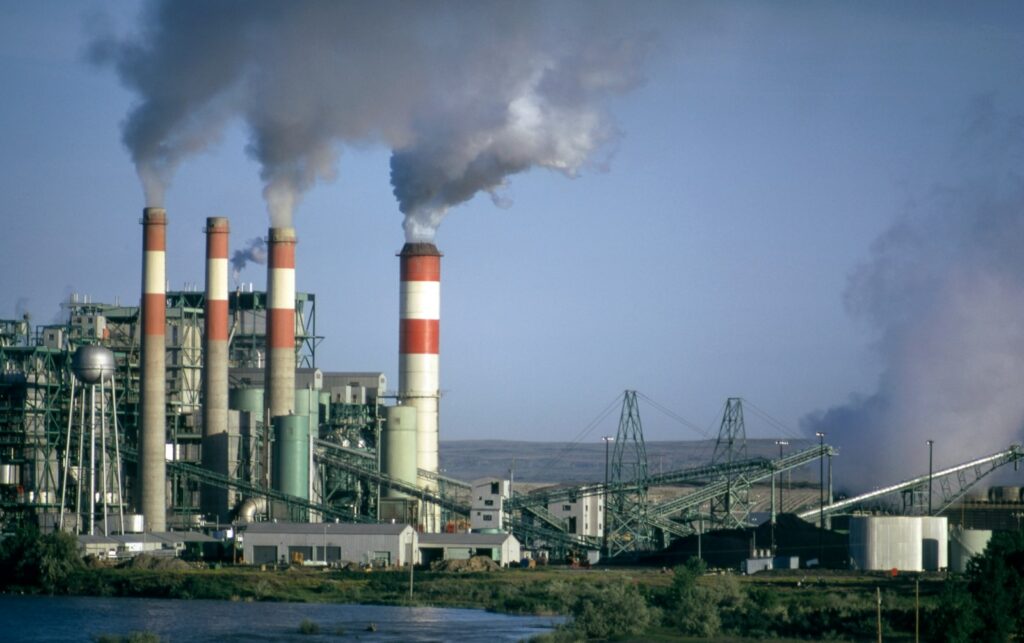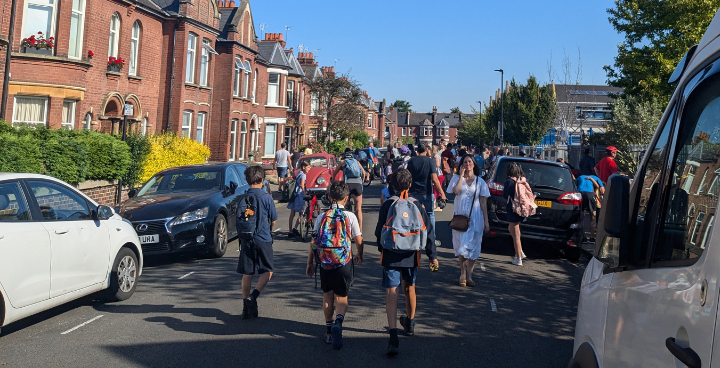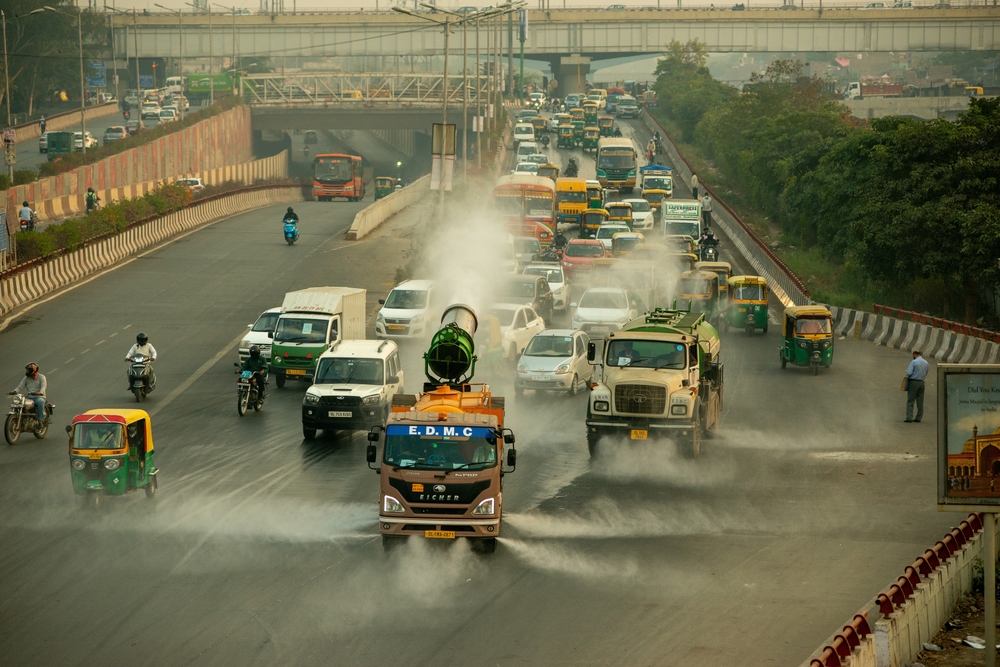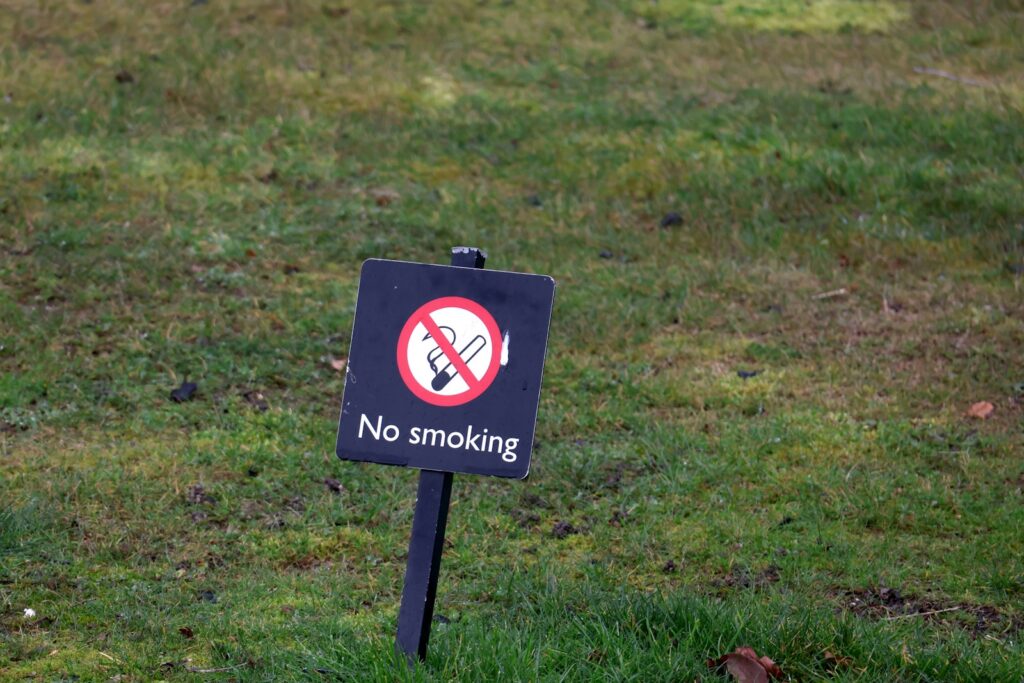Days away from the opening ceremony of the 2024 Olympics, a new study by Respire, the French organisation dedicated to the improvement of air quality, has revealed that almost all the outdoor sports fields in Paris exceed the World Health Organization’s recommendation thresholds for air quality.
Air quality and the 2024 Olympics are already uneasy bedfellows. The newly built Olympic village is being served by new roads which surround two schools attended by around 700 children. The problem has been recognised to the extent that the Olympic village is equipped five air purifiers to mitigate the affect of the 10,000 to 30,000 cars passing by each day.
In the new report, the association are drawing attention to the fact that athletes suffer more from poor air quality than most, given their increased rates of respiration.
In fact, the report says, an athlete will inhale between four and 10 times more air pollutants than someone at rest.
Respire believe people should be aware of the air quality in areas where they might exercise and as such have produced an interactive map that shows air quality at more than a hundred sports fields in Greater Paris between 2012 and 2023, as well as hourly updated live pollution levels.
Tony Renucci, director of the Respire association said: ‘Playing sports outdoors when there are big peaks in pollution is dangerous for your health. However, this reality is still too little known by the population and our leaders, who continue to build new sports complexes near major roads. We must reverse this trend and adopt new rules that are more protective of health.’
Respire make 16 recommendations aimed at athletes, local authorities, central government and the EU.
Athletes are advised to postpone outdoor sport during a pollution peaks at least lower their intensity, allowing them to breathe through their nose for better air filtration. It is also suggested they time their exercise to avoid traffic peaks and always check air quality in advance.
Local authorities are asked to stop building sports facilities near major roads and take measures to reduce road traffic.
The state are asked to include PM2.5 in national air quality alerts (currently only PM10 levels are reported) and to make information available to the public about the dangers of exercise during periods of poor air quality. Respire go as far as to suggest outdoor sports venues could be closed during air pollution peaks.
The EU are asked to continue the progress in removing ICE vehicles from the roads and are also asked to consider a limit on the size of vehicles, including electric.


















Leave a Reply